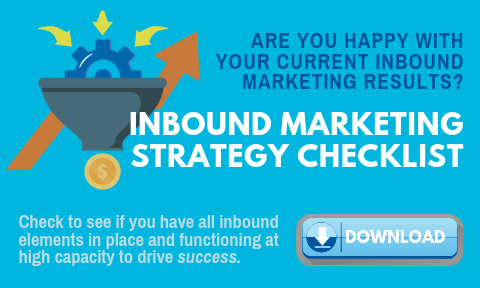1 min read
Personal Branding and Thought Leadership for Executives with Marti Sanchez | Sell Smarter. Sell Faster. Ep. 19
“Thought leadership” is a term that you see thrown around a lot these days. It’s definitely one of the many hot marketing topics right now. At...
.png?width=2250&height=647&name=LeadG2-logo_(2).png)
 Emily Hartzell
Emily Hartzell



![The Benefits of Being a Thought Leader [VIDEO]](https://no-cache.hubspot.com/cta/default/109236/3a38353e-08f0-4306-b806-ced847b8b2aa.png)




%20Thought%20Leadership%20Drives%20Lead%20Generation.png)